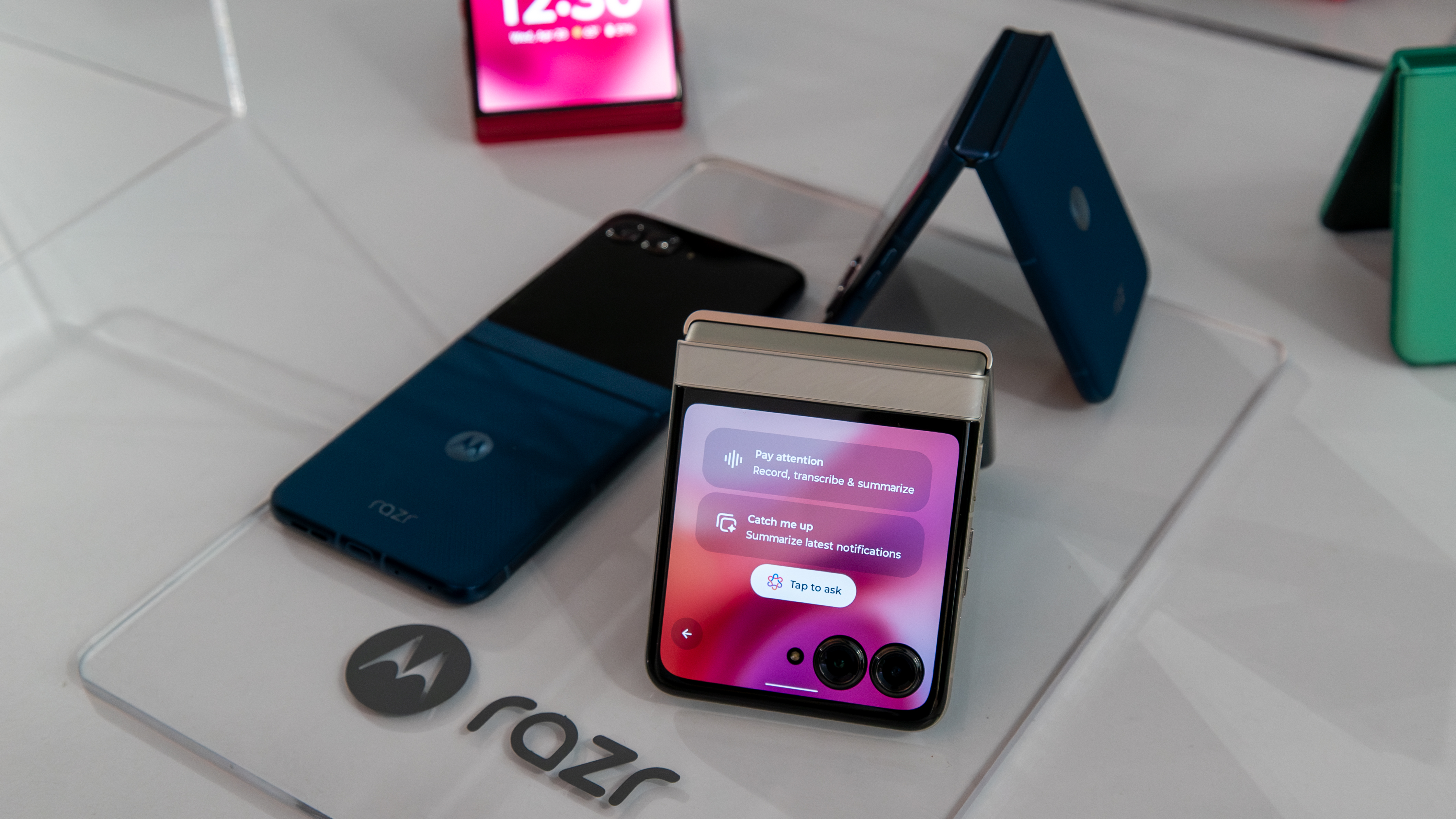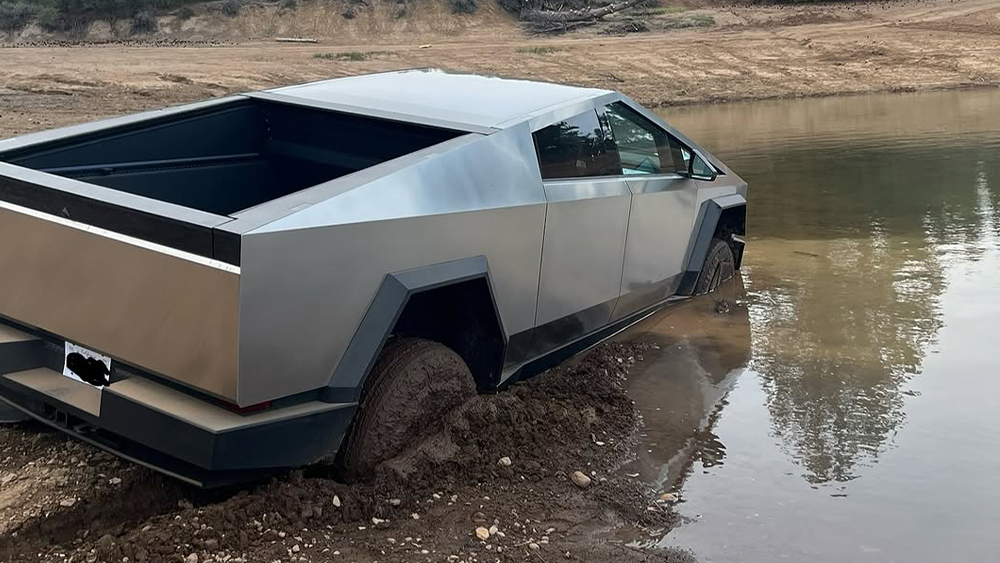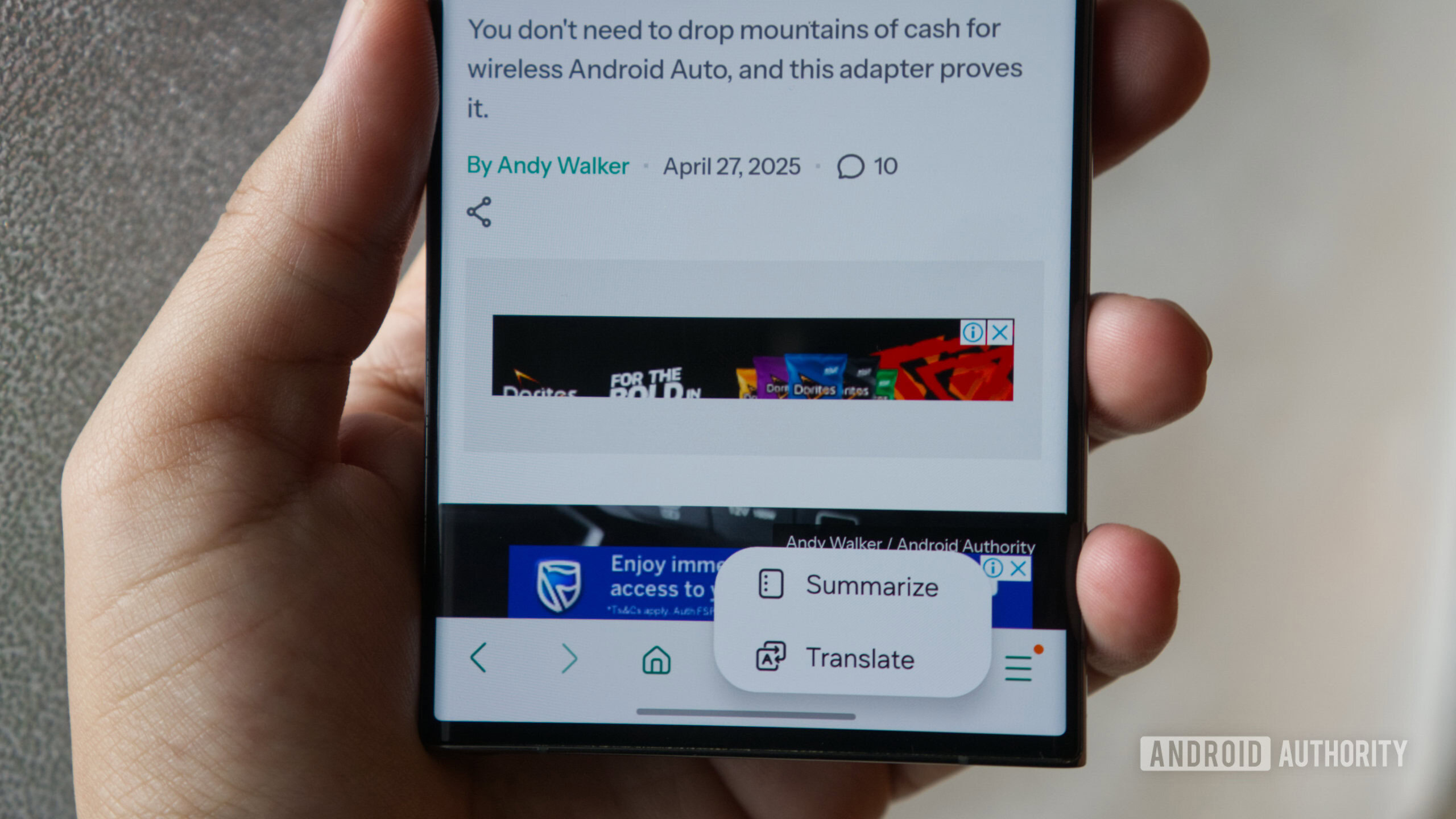Amazon Launches First Set of Kuiper Satellites in Bid to Compete with Starlink

Amazon's ambitious Project Kuiper broadband internet constellation is officially taking shape, marked by the successful launch of its inaugural batch of satellites. On April 28, 2023, at precisely 7 PM ET, a United Launch Alliance (ULA) Atlas V rocket lifted off from Cape Canaveral Space Force Station in Florida, carrying the first 27 of what will ultimately be a fleet of 3,236 satellites designated for low-Earth orbit. This launch is a crucial first step in Amazon's strategy to rival SpaceX's market-leading Starlink satellite internet service.
The initial launch was previously scheduled for April 9 but was postponed due to unfavorable weather conditions. However, the successful deployment on April 28 signifies the culmination of extensive preparation and a significant milestone for Amazon's satellite program. Amazon CEO Andy Jassy expressed pride in the accomplishment, stating on X, While this is the first step in a much longer journey to launch the rest of our low Earth orbit constellation, it represents an incredible amount of invention and hard work.
Once positioned, these Kuiper satellites will orbit approximately 280 miles (450 kilometers) above the Earth and have already been confirmed to be operational, successfully communicating with ground systems. Amazon has indicated that if the project proceeds according to schedule, the company expects to begin offering high-speed, low-latency internet services to consumers later this year. This promising development not only aims to enhance connectivity but also intends to bridge the digital divide for underserved populations.
Commenting on the successful launch, ULA CEO Tory Bruno remarked, This launch marks the first step towards the future of our partnership and increased launch cadence. He further detailed how ULA has been enhancing its launch facilities at Cape Canaveral to accommodate the demands of upcoming Project Kuiper missions, which will ultimately serve both commercial and government needs, reinforcing the mission to save lives, explore the universe, and connect people worldwide.
Project Kuiper, which received a $10 billion investment announcement in 2019, is now under a rigorous timeline set forth by the US Federal Communications Commission (FCC). That timeline mandates that Amazon deploy at least 1,618 satellites by mid-2026, which represents half of its planned satellite constellation. This target is a significant challenge, especially when compared to SpaceX's Starlink, which currently operates over 7,200 satellites. In fact, just yesterday, SpaceX celebrated the completion of its 50th Starlink mission in 2025, surpassing a total of 250 dedicated launches.
SpaceX is not resting on its laurels; it aims to deploy a total of 12,000 Starlink satellites and has received regulatory approval for a staggering expansion plan that could reach up to 34,400 satellites. This competitive landscape signifies a critical race in the satellite internet sector, where both Amazon and SpaceX are working to deliver robust internet solutions globally.






















